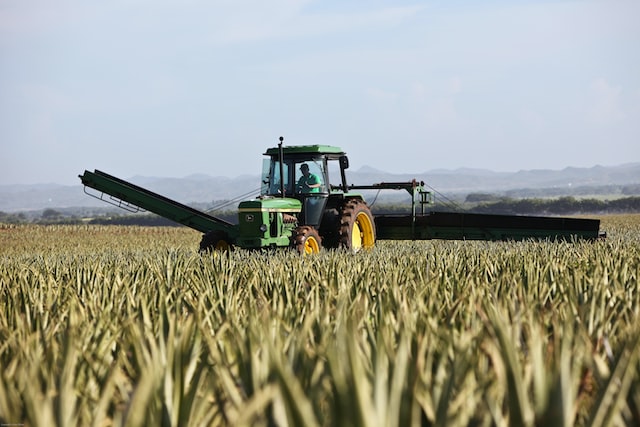Farmers who embrace native vegetation and reforestation on their properties can generate significantly more productivity and profit, new research reveals.
A five-year study has interrogated the finances of more than 100 cropping and grazing properties across Western Australia, NSW, Victoria and Tasmania.
Lead researcher Sue Ogilvy said producers who recognised the value of natural capital – water, soil, air, plants and other resources – could reap economic benefits.
“The assumption is that the more natural capital you have the less productive you’ll be,” Dr Ogilvy told AAP.
“But our indications are that it’s actually a positive relationship, not a negative one.”
The analysis also examined how producers performed in years of severe drought.
“Farming’s very, very variable, so we wanted to make sure that we had a picture of the representative operation of the farm,” Dr Ogilvy said.
Angus and Lucy Maurice’s farm in central western NSW was included in the study. The couple runs merino sheep, cattle, crops and pasture-raised chickens.
Twenty years ago, the family set a goal to increase the biodiversity of their property.
Now, one-quarter of it is managed regeneratively, with an emphasis on improving biodiversity alongside livestock production.
For the remainder of the farm, the focus is on production, with a rotation of improved pastures and crops.
“We’re striving to achieve a balance between production, soil health and profitability,” Mr Maurice said.
“While we believe that regenerative farming improves soil health, we have seen production drop as we increase biodiversity and revert to more native grass pastures.
“However, if we chose to use improved pastures there will be higher farm emissions to establish them, so we need to understand this trade-off zone.”
Mr Maurice said the study helped him make better decisions about how to manage the land for both its environmental and economic health.
“We’re receiving a lot of information about the ecological state of the farm and our emissions, which is information we haven’t had access to before,” he said.
The preliminary research was presented at a National Farmers Federation event in Canberra on Wednesday.
Federation boss Tony Mahar said it was important for farmers to be able to measure the value of their natural capital.
“Farmers will be better equipped to make decisions about natural capital to make their businesses productive, profitable and resilient,” he said.
“One of the key premises for practice change with respect to natural capital is that you can’t manage what you can’t measure, and you won’t invest in what you don’t value.”
Researchers taking part in the Farming for the Future project will deliver a final report at the end of September.
Liv Casben
(Australian Associated Press)





